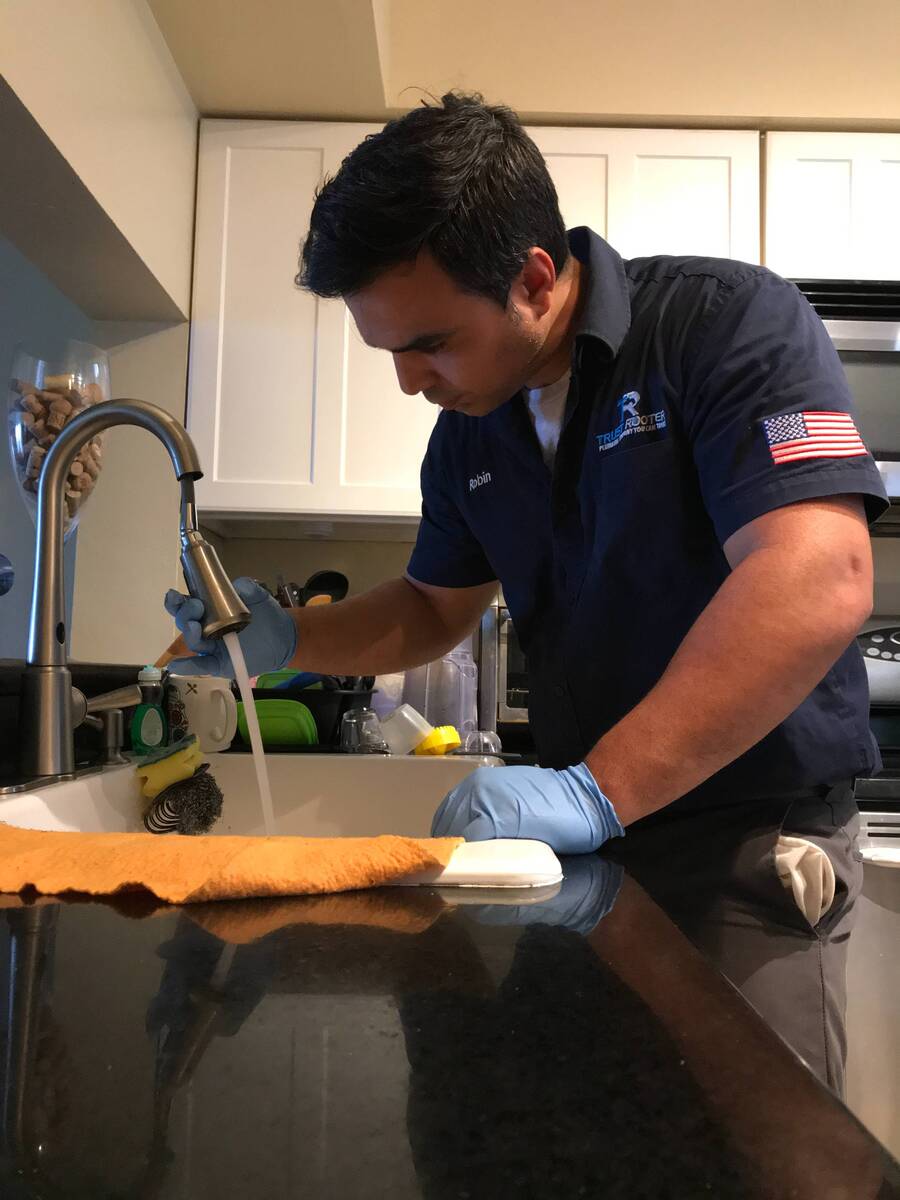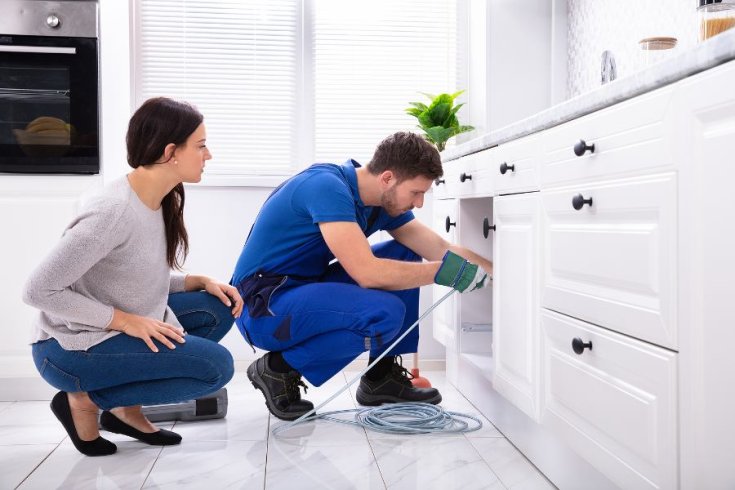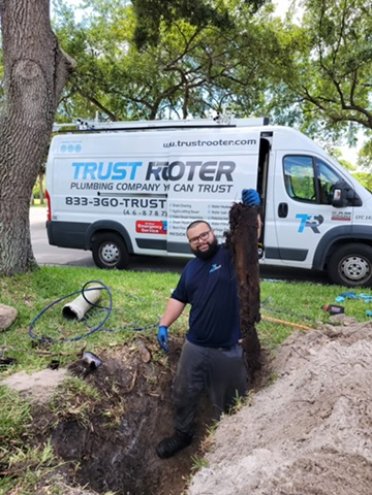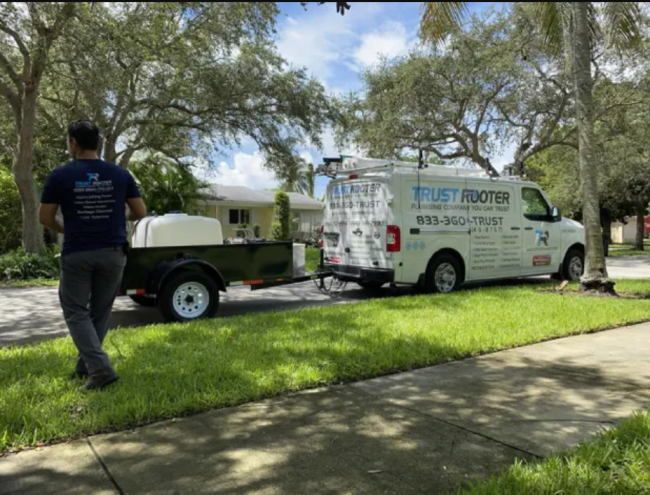How to Fix Low Water Pressure in Kitchen
It may be extremely frustrating to have low water pressure in your kitchen faucet as it slows down everyday tasks and makes even simple ones feel like jobs in and of themselves. Fortunately, you can take various measures to diagnose and resolve the problem before calling a plumbing repair service.
In this blog post, our professionals from Trust Rooter Plumbing & Drain Cleaning will walk you through common causes of low water pressure in kitchen faucets and provide you with solutions to get your water flowing freely once again.
Check for Clogs in the Aerator
A clogged aerator is one of the most frequent causes of low water pressure in kitchen faucets. The aerator is a small mesh screen located at the end of the faucet spout that regulates the flow of water and helps to prevent splashing. Debris and mineral deposits can build up in the aerator over time, preventing the water from flowing freely. To fix this issue, simply unscrew the aerator from the end of the faucet spout and clean it thoroughly with vinegar or a descaling solution. If the aerator is severely clogged and cleaning doesn’t improve the water pressure, you may need to replace it entirely.
Inspect the Supply Lines
Another possible cause of low water pressure in your kitchen faucet is a kinked or obstructed supply line. The flexible hoses that link the faucet to the water supply valves beneath the sink are called supply lines. Check to ensure that the supply lines are not twisted, bent, or crushed, as this can restrict the flow of water. To get the water pressure back to normal, you may have to alter the supply lines if you see any damage to them.
Examine the Shut-Off Valves
The shut-off valves under the sink may be the source of the problem if clearing the aerator and checking the supply lines don't work. Water pressure can be decreased by partially closing or corroding these valves, which regulate the flow of water to the faucet. Verify that there is no mineral buildup or debris on the shut-off valves and that they are fully open. If the valves are damaged or malfunctioning, you may need to replace them to restore proper water flow.
Test for Pressure Issues Throughout the House
If you’re still experiencing low water pressure in your kitchen faucet after checking the aerator, supply lines, and shut-off valves, the problem may be more widespread. To find out if the problem is specific to the kitchen or if it affects several fittings, check the water pressure in the other faucets in your house. If you notice low water pressure throughout your house, there may be a problem with your home’s plumbing system that requires professional attention from a plumber.
Call in the Professionals
It could be time to hire a plumbing service if you've tried every do-it-yourself solution and your kitchen faucet is still not producing enough water pressure. More difficult plumbing problems, like concealed leaks, pipe corrosion, or issues with the water main, can be identified and fixed by a licensed plumber as they have the knowledge and specialized equipment needed for the job. In the long run, hiring a plumber can save you money, time, and possibly even expensive water damage. However, hiring a plumber may involve an initial financial investment.
Need a Reliable Company?
Are you in need of a faucet repair? Luckily, we at Trust Rooter Plumbing & Drain Cleaning have dedicated workers ready at your service. Contact our representatives for more questions.



 May 19,2024
May 19,2024


